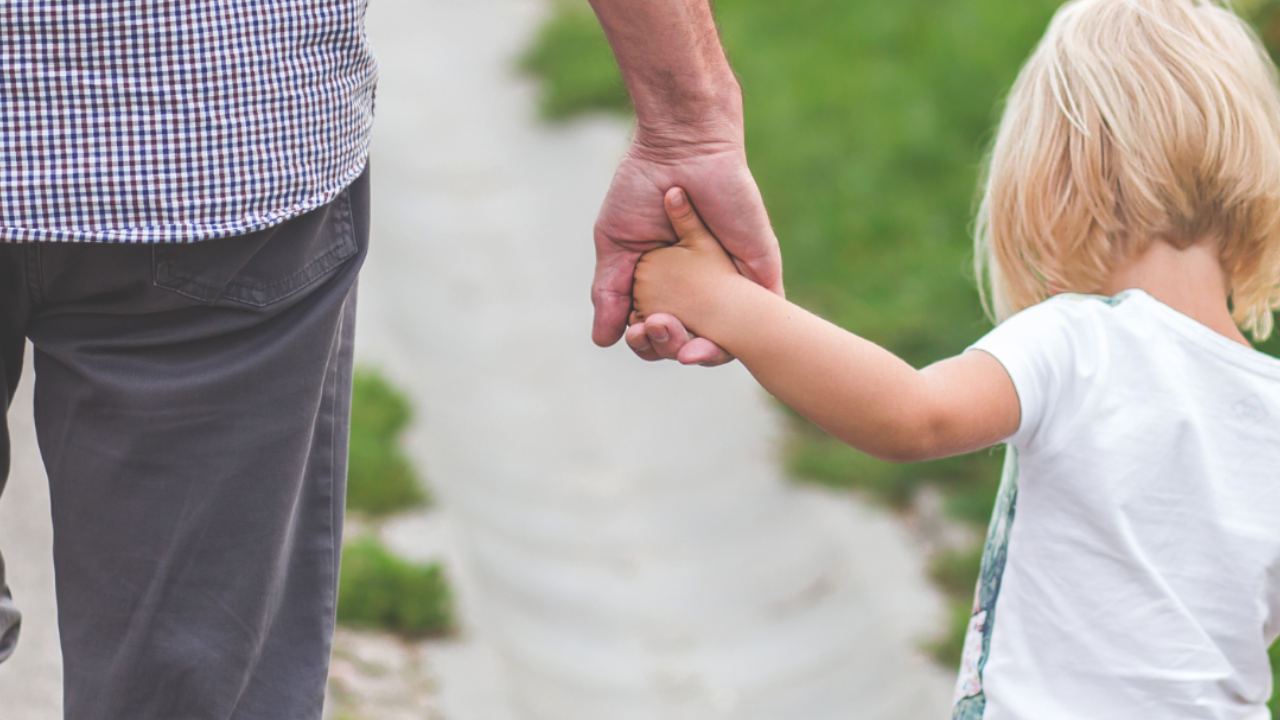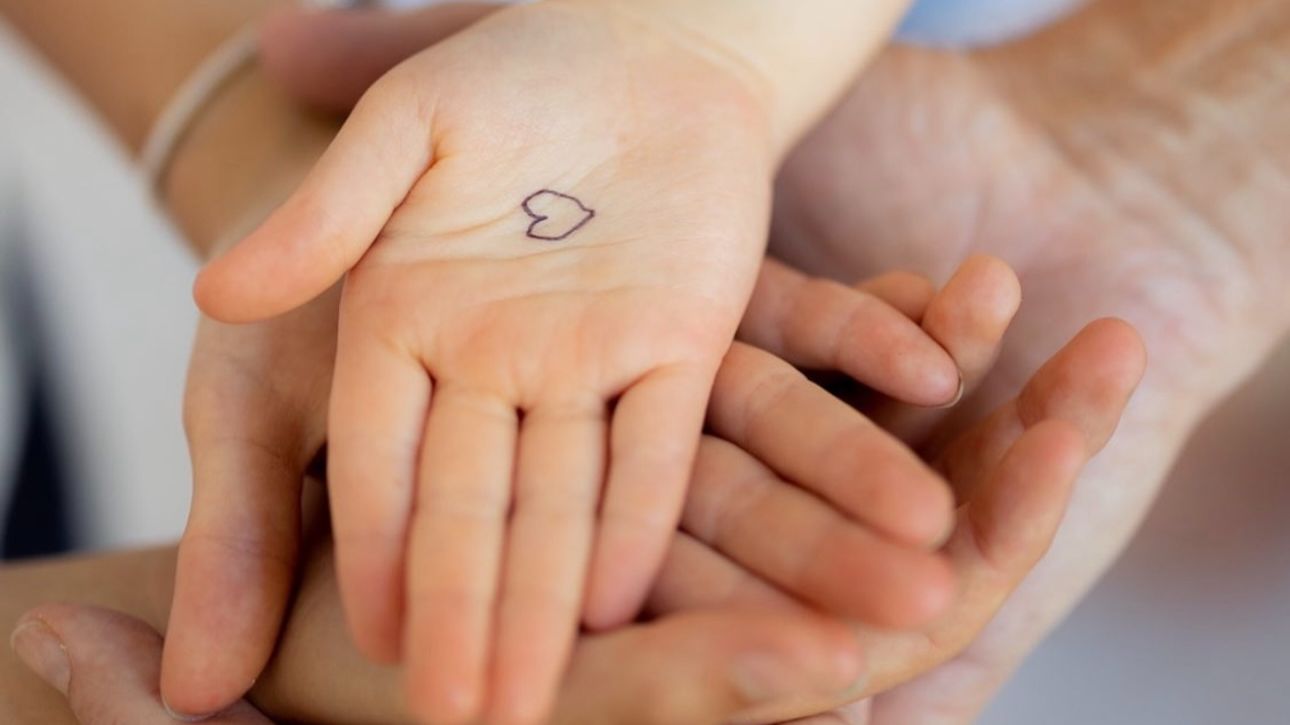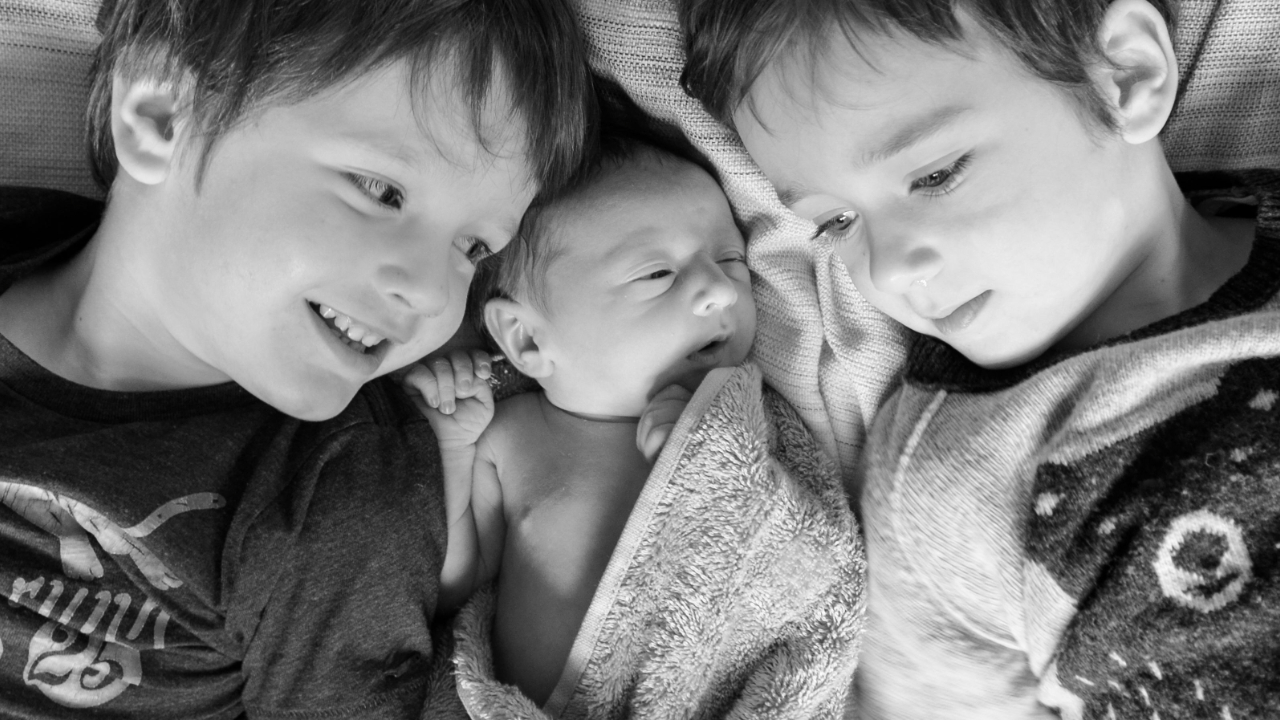Let Them Lose at Uno: Why “Doing Less” Builds Kids Who Can Do More
When my eldest was about to start kindergarten, the school principal, thirty years in the job and steady as they come, gave all the new parents a single piece of advice. Over summer, she said, do not teach them to write their name. Do not practice counting to twenty. Teach them to play Uno, and sometimes..... let them lose.
She added this: In a class of thirty children and one yellow pencil, disappointment is guaranteed. Someone will not be picked. Someone will be tipped in a game of tag. If a child arrives at school with no practice at frustration, the first year can feel impossibly hard.
Forty years ago, this speech probably was not needed. Children had more free range play, fewer curated activities, and plenty of everyday hurdles. Today our kids never even have to feel the frustration of an ad break on telly. They are living in an 'on demand world, and many of us also parent in a way that tries to re
...












